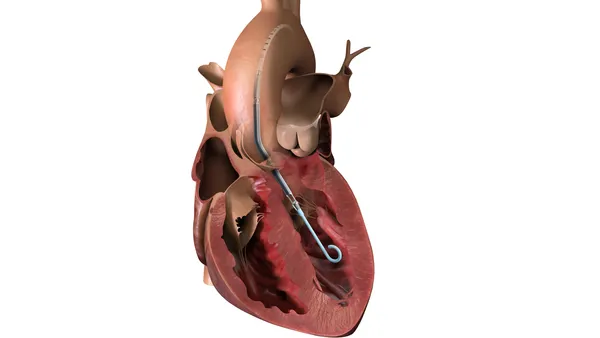Dive Brief:
-
The European Commission has designated German notified body TÜV Rheinland to certify products under the incoming In Vitro Diagnostic Regulation.
-
TÜV Rheinland is the fifth notified body, and only the second this year, to receive IVDR designation. The rate at which the Commission is designating IVDR notified bodies led trade group MedTech Europe to warn the botched implementation of the rules may cause “catastrophic disruption.”
- Despite a delay earlier this year to the twin Medical Device Regulation (MDR) to account for disruptions from COVID-19, regulators have not budged on the May 26, 2022 start date for IVDR. TeamNB, the European association of notified bodies in the medtech sector, issued a position paper last week highlighting disruptions from COVID-19 and Brexit and saying it only continues to support the May 2022 date of application for IVDR if a bevy of key steps and designations are completed by the end of 2020.
Dive Insight:
The availability, or lack thereof, of IVDR notified bodies has become a higher-profile topic as the date of application has edged closer — now about a year and a half away. In practice, trade group MedTech Europe said IVD manufacturers will need to seek certification for most products by early next year, meaning there is a short window of opportunity to add the capacity needed to process around 45,000 IVDs.
TÜV Rheinland is now cleared to help manufacturers prepare. The German organization said it is offering services for “initial or transitionary” IVDR compliance and is asking companies to coordinate with it or another notified body to prepare for the regulations.
The notified body joins German counterparts Dekra Certification and TÜV SÜD Product Service and the U.K. and Dutch operations of BSI on the list of IVDR-designated organizations. A designation before the end of 2020 was expected as the Commission’s Oct. 21 update showed a notified body had received Medical Device Coordination Group recommendation but was yet to be designated.
At the time of that Commission update, only one other notified body had advanced as far as the corrective and preventive action stage. A further nine notified bodies were still working through the first few stages of the 10-step process, raising doubts about whether they will be in place in time to help certify IVDs before the 2022 date of application.
The prospect of notified body capacity constraints stopping IVDs getting to market has drawn a series of warnings from MedTech Europe, which has called for officials to "strongly" consider various solutions including the extension of the IVDR grace period and the phased implementation of the regulations. Despite the pressure, IVDR enforcement is still set to begin one year after MDR takes force.
TeamNB's has two main conditions for continuing to support the May 2022 date of application. The first is the availability of "tools necessary to perform conformity assessments," including having expert panels in place and relevant guidance documents published. The second is that at least half of the 22 notified bodies currently available to IVD manufacturers are designated under IVDR by the end of 2020 — a tall order given that only a month remains.
"If these conditions cannot be met, Notified Bodies recommend a decision regarding the [date of application] is taken by the end of 2020 at the very latest to minimise the impact on the IVD market and stakeholders," the paper says.
This story has been updated with the perspective of TeamNB.











